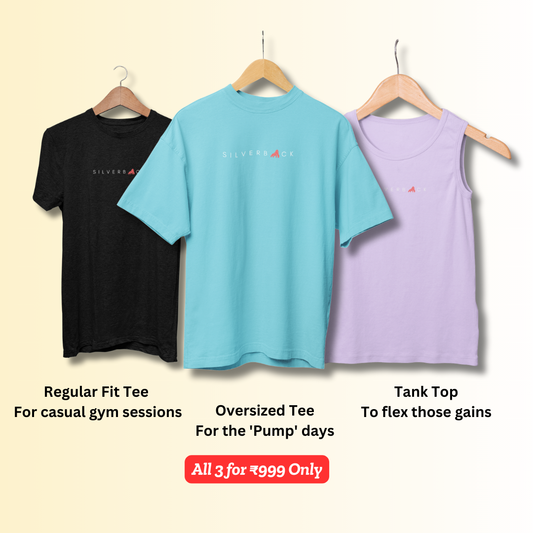Vegan Omega 3 Tablets

Save Upto Rs. 351.00
Inclusive all taxes
Uniquely formulated to:

Vegan Omega 3 Tablets
Don't miss Out
SilverBack Nutrition Vegan Omega 3 Tablets are a top-quality supplement that provides essential omega fatty acids sourced from natural algae. Packed with numerous health benefits, these tablets are a convenient and affordable way to improve your overall health and well-being. Each tablet contains 1000mg of algae-rich vegan omega-3 fatty acids, including 550mg EPA 10% and 350mg DHA 10%.
These essential fatty acids play a vital role in many bodily functions, including:
- Heart health: Omega-3 fatty acids can help to lower cholesterol levels, reduce inflammation, and improve blood pressure.
- Brain health: Omega-3 fatty acids are essential for brain development and function. They can help to improve memory, concentration, and mood.
- Eye health: Omega-3 fatty acids are essential for maintaining healthy vision. They can help to prevent dry eye syndrome and macular degeneration.
- Joint health: Omega-3 fatty acids can help to reduce joint pain and inflammation.
SilverBack Nutrition Vegan Omega 3 Tablets are 100% natural and free from any artificial ingredients or fillers. They are also suitable for individuals following a vegetarian or vegan diet.
Benefits of SilverBack Nutrition Vegan Omega 3 Tablets
- Provides essential omega-3 fatty acids sourced from natural algae
- Supports heart, brain, eye, and joint health
- Reduces inflammation
- Improves mood and cognitive function
- 100% natural and vegan
- Affordable and convenient





























